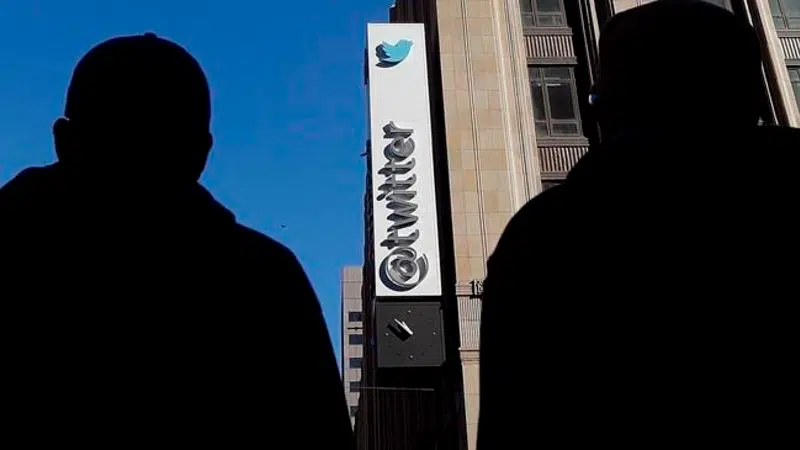
Twitter says Canadian election so far free of major manipulation attempts
OTTAWA — Twitter is giving the all-clear so far for the federal election campaign, saying it has not yet uncovered any instances of large-scale attempts at disinformation or manipulation.
Despite vigorous activity on the social-media site related to the Canadian campaign, including “politically polarizing” conversations on an international scale, the company has seen “absolutely no sign that those activities represent a co-ordinated, malicious event — or foreign interference,” said Yoel Roth, Twitter’s head of site integrity, in an interview.
Twitter has made changes to its elections integrity and disinformation-spotting policies both as part of its own programs and to comply with Canada’s election laws.
Roth said the company has invested in identifying large-scale manipulation attempts — of the type that roiled the 2016 presidential election in the United States — and its focus during this election campaign is not always on the content of tweets themselves but also the means by which that content is spread.
